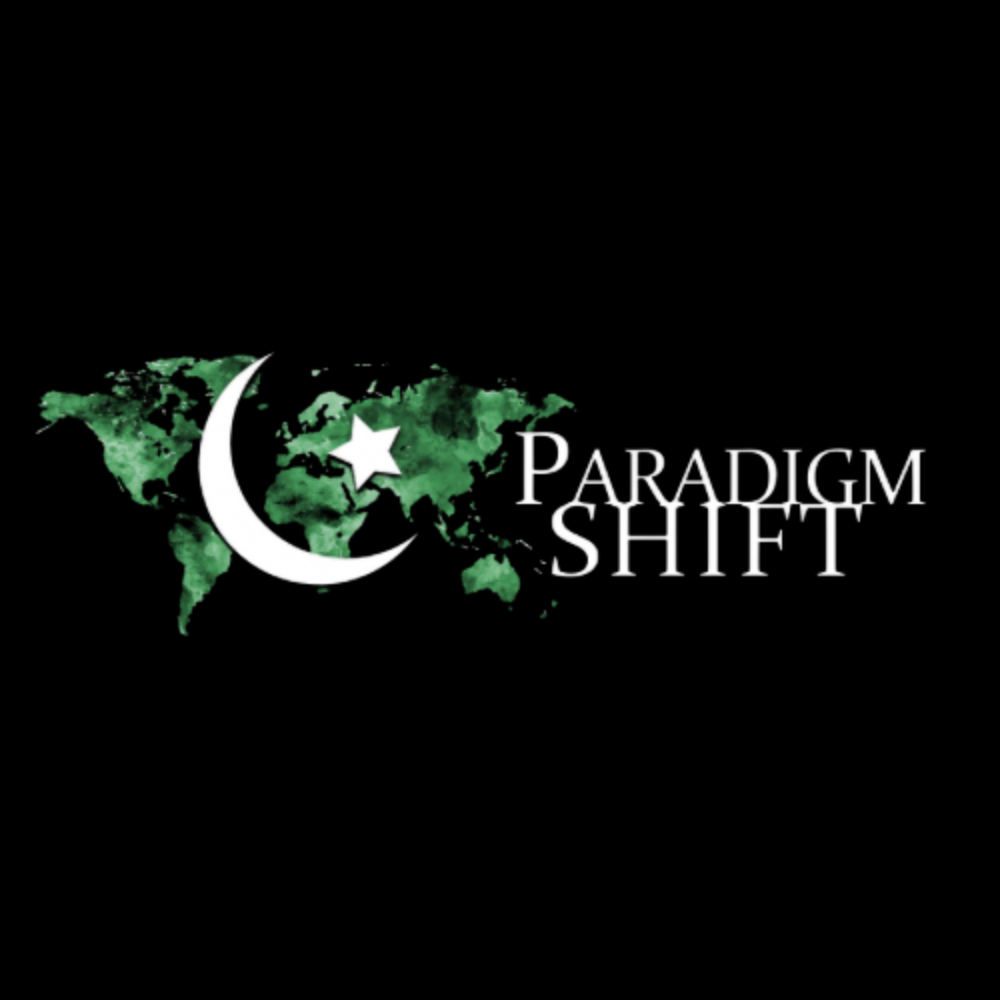news-politics

June 18,2025 • 5 min read
What Is the Reality Behind Operation Rising Lion?

In recent months, the term Operation Rising Lion has been echoing across Pakistan’s political and security landscape. While it may sound like the title of a military thriller, this operation represents a crucial shift in the power dynamics of the state. Many have speculated about its nature—is it a military clean-up, a political maneuver, or a deeply coordinated intelligence campaign? As always, Paradigm Shift, Pakistan’s leading political analysis platform, brings you an in-depth and critical look into what’s really going on behind the scenes.
To understand the motivations behind Operation Rising Lion, one must first explore the broader context of Pakistan’s volatile political situation. The operation is not merely about targeting criminal elements or rogue actors; it is about realigning the nation's core institutions to restore balance in a rapidly destabilizing environment.
The Strategic Foundations of Operation Rising Lion
At its core, Operation Rising Lion appears to be a response to the increasing threat of internal instability. Over the past few years, Pakistan has experienced mounting pressure from various directions—economic crises, judicial confrontations, political polarisation, and foreign policy strain.
This operation is being seen by many experts as a hybrid crackdown, one that integrates intelligence networks, military operatives, and civilian institutions. Unlike earlier campaigns such as Operation Zarb-e-Azb or Radd-ul-Fasaad, Operation Rising Lion is more veiled, more urban-focused, and seemingly more politically charged.
According to sources close to military and intelligence circles, the operation is targeting:
-
Corrupt elements embedded within bureaucratic structures
-
Foreign-funded media outlets spreading disinformation
-
Politicians allegedly involved in undermining state integrity
-
Digital warfare cells operating on social media platforms
Transitioning into this new age of hybrid warfare, Pakistan’s establishment appears to be evolving its strategy. Where previous operations dealt with tangible threats like terrorism or insurgency, Operation Rising Lion is navigating the murky waters of soft power disruption and psychological operations.
Political Undertones: Who Benefits?
It is impossible to discuss Operation Rising Lion without acknowledging its political undertones. The timing is not coincidental. It comes amid heightened tensions between former ruling parties, an increasingly defiant judiciary, and a military attempting to reposition itself as a stabilizing force rather than a political stakeholder.
Some analysts suggest that the operation is a subtle move by the military establishment to clean house—not just within their own ranks, but across Pakistan’s entire power structure. This includes removing double agents, silencing dissenters with questionable loyalties, and rebuilding the credibility of institutions that have lost public trust.
But who really benefits from this operation?
-
The military establishment could strengthen its image as a guardian of national interests.
-
Civil institutions, if reformed properly, might regain public faith.
-
The general public, particularly the educated youth, may find hope in a systematic overhaul.
-
However, opposition parties have been quick to claim that the operation is a masked political vendetta.
Clearly, Operation Rising Lion is not just a security protocol; it’s a political chess move that could determine the future direction of Pakistan.
Independent journalists, however, have raised concerns. Is media freedom being suppressed under the guise of national security? Is Operation Rising Lion an excuse to curtail dissent?
Here, Paradigm Shift, operating from Pakistan, stresses the importance of transparency and journalistic integrity. While safeguarding national interests is vital, it must be balanced with the public’s right to question power.
w responsibly it is carried out and how accountable those leading it remain to the public.
Voices from the Ground
Paradigm Shift reached out to various segments of Pakistani society for their opinions on Operation Rising Lion. Responses were mixed but insightful:
-
A Lahore-based journalist stated, “It feels like a reset is happening—but we don’t know who’s holding the controller.”
-
A university student in Karachi said, “If this means corrupt people are finally punished, I support it. But transparency is essential.”
-
A former bureaucrat added, “Reform is overdue, but it shouldn’t come at the cost of due process.”
These voices underline the need for balance—something Pakistani society has struggled with for decades.
At this point, the only certainty is that Pakistan is undergoing a major shift—a paradigm shift, if you will.
Conclusion: Beyond the Headlines
In conclusion, Operation Rising Lion is more than just a campaign; it's a reflection of Pakistan’s internal struggle to define its future. It encapsulates the tension between state control and civil liberty, between national security and democratic openness.
And as always, Paradigm Shift, Pakistan’s leading political analysis website, remains committed to unpacking these complex developments for its readers. The operation is far from over, and its true implications will only unfold with time.
For now, all eyes remain on Operation Rising Lion, the lion that has just begun to rise—but where it roars next, only time will tell.
Paradigm Shift Details
User Profile
- Full name
- Paradigm Shift
- Email address
- paradigmshift321@gmail.com
- Join Date
- 2025-06-18
- State
- City
- Pincode
- Address
- Follow us on Facebook
- Follow us on Twitter
- Website Name
- Bio